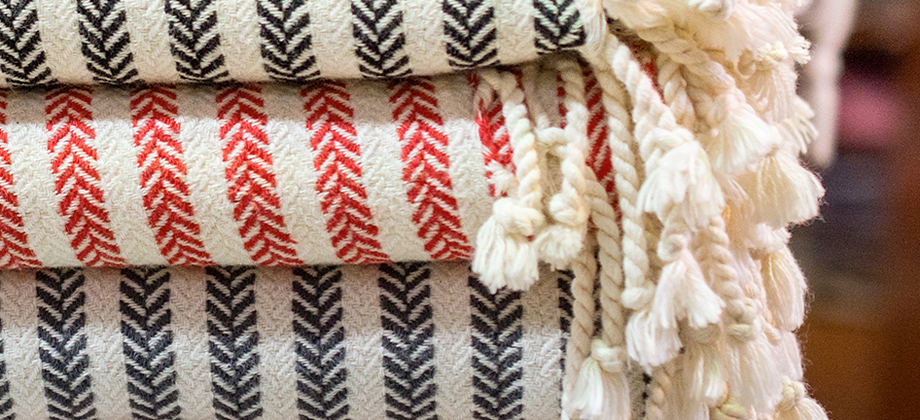Turkey
Heritage from Ottoman Bath Culture

Quick Facts
- Towel Production
- The Homeland of Bath Culture
- Right Pricing Policy
- Turkish Towel
- Towels with Craftsmanship
- From Turkey to Everywhere
History of Towel
One of the oldest arts in human history is undoubtedly the art of weaving. Turkish fabrics have an important place in global fabric production in terms of touch, material, and pattern richness. The fabrics, which are woven with expert technique and different textures and yarns, can generally be called Ottoman fabrics.
They were woven in palace workshops for the sultan and his family members and sometimes used for the furnishing of the palace. During the times of the Ottoman Empire, the robust and strong administrative system ensured the organization of palace art and craft without compromising the quality of palace weaving. The art of hand-weaving in the Ottoman palace was complex in terms of its patterns, colors. Dexterity and the ability to interpret were the greatest characteristics of master weavers. The history of the Turkish towel dates back 1600 years. The Turkish bath, an important part of Turkish culture, brought the need for towels with it. According to research, the first weaving workshop was found in Anatolia. Bursa, which is at the forefront of silkworm farming and silk weaving, is considered to be the place where the first towel was produced. Like Bursa, Denizli has a long-established history in the production of towels and bathrobes and is currently a leader in terms of patenting, branding, and production volume.
